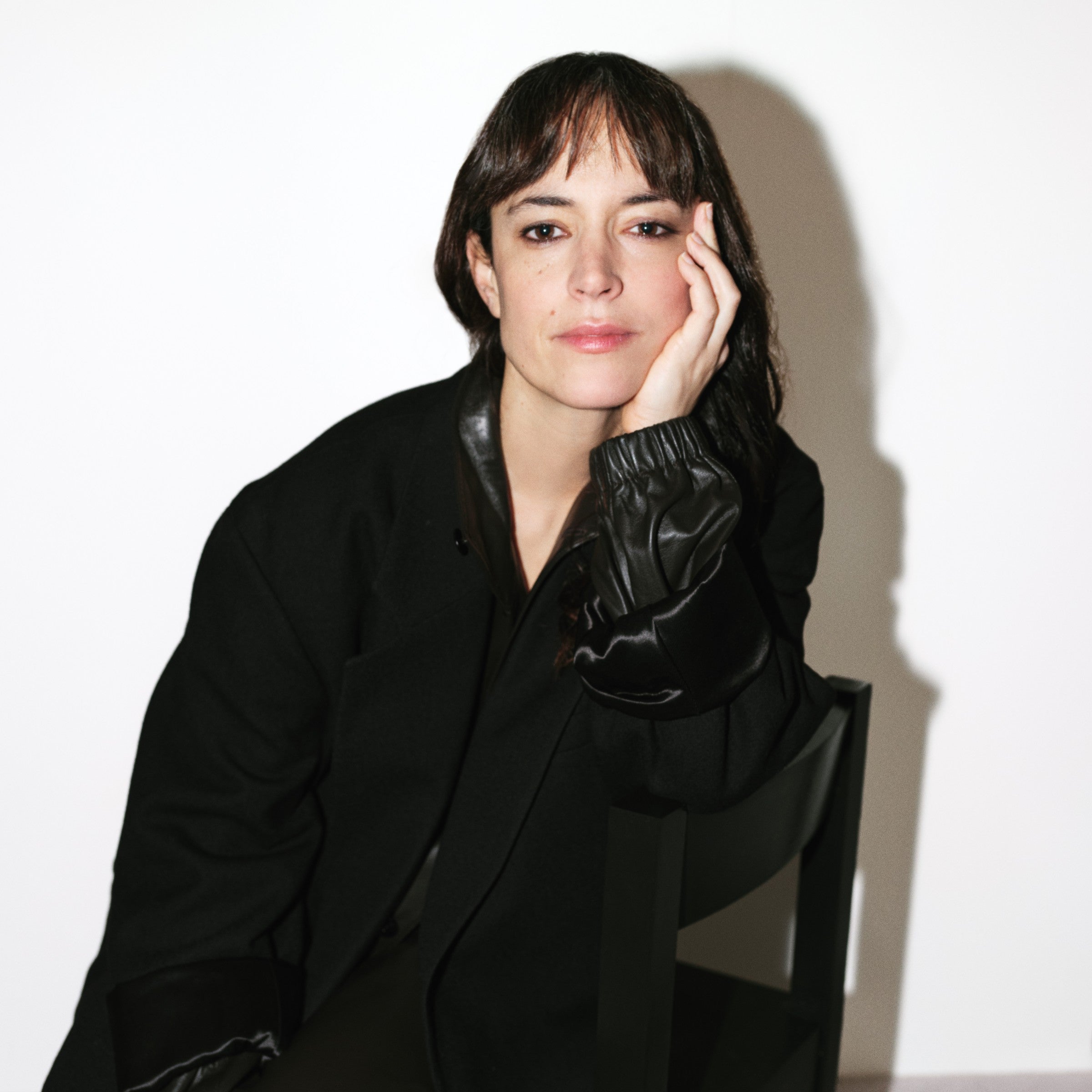< input > with Vimala Pons
Entrusted to the journalist and critic Julien Bécourt, the cycle <input> attempts to establish intergenerational junctions between the fields of visual arts, experimental music and pop culture. Each talk, punctuated by listening sessions, highlights the conditions of production of the works and their sources of inspiration. Creation is considered in an open, non-hierarchical way, whether in music, installation, painting, performance, video art or cinema.
Trained in film history and art history, then in dramatic arts and circus arts, Vimala Pons is a true multi-hyphenate. She has established herself as a polymorphic figure, skillfully navigating multiple disciplines as a writer, actress, performer, and musician. She has worked with directors such as Jacques Rivette, Alain Resnais, Antonin Peretjatko, Thomas Salvador, Philippe Garrel, Christophe Honoré, Paul Verhoeven, Bertrand Mandico, Kiyoshi Kurosawa, Alejandro Jodorowsky, and many others.
On stage, following De nos jours [notes on the circus]—created with the Ivan Mosjoukine collective—she made a striking impression with Grande, co-created with Tsirihaka Harrivel in 2017, and later in her solo piece Le Périmètre de Denver, where she balances imposing objects—both literal and symbolic—on her head. Her virtuosity as a performer and her multifaceted work conceal a deep dive into the personal, laced with fierce humor.
In Honda Romance, her latest creation featured at the Festival d’Automne, Vimala Pons continues her exploration of balance, this time focusing on what threatens it: a new dialogue with gravity, which becomes a metaphor for emotional instability. Today, emotions have become resources to be exploited—monetized by social media, steered by political marketing, and analyzed in real time by artificial intelligence. In response, Vimala Pons crafts a singular counter-performance: a review of 200 emotions and a musical score for ten performers, three wind cannons, and a satellite.
A variation on walking, interwoven with echoes and forms from our digital world: audio messages, text drafts, old slideshows—fragments of our emotional lives now fading. Drawing inspiration from Hippocrates’ ancient theory of humors and the writings of Madame de Staël, the artist becomes a “humorist”—not in the modern sense, but in the archaic one: a being governed by humors, subject to unpredictable emotional shifts. Honda Romance becomes a true case study: an anatomical table where mental states transform into sounds and gestures, revealing the links between emotional states, technology, and movement dynamics.
Set to music by Tsirihaka Harrivel and Rebeka Warrior, she choreographs a sensitive and cruel ballet for ten singers, steeped in nostalgia.
For this event at the Fondation, featuring excerpts from her shows and videos, we will discuss her unique way of intertwining sound creation and physical performance, surreal storytelling and political dissidence.
As part of the Festival d'Automne, the artist is presenting her piece “Honda Romance” until October 26 at the Théâtre de l'Europe – Odéon, then from December 4 to 7 at the Centquatre! Infos and booking here
